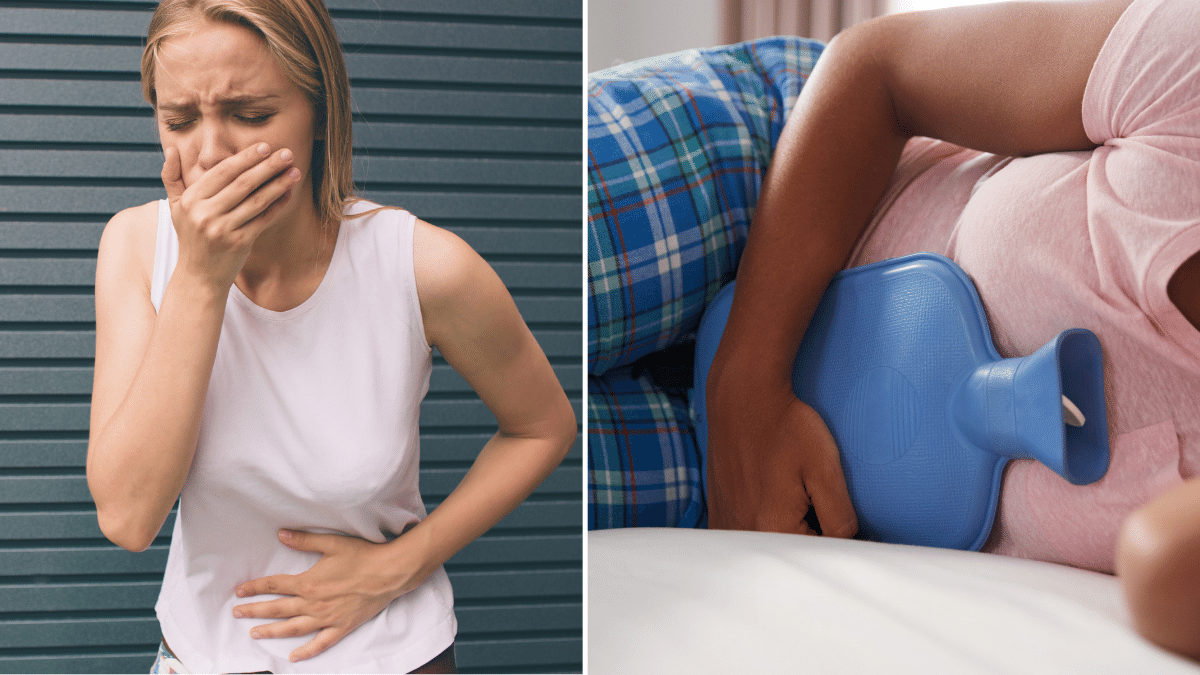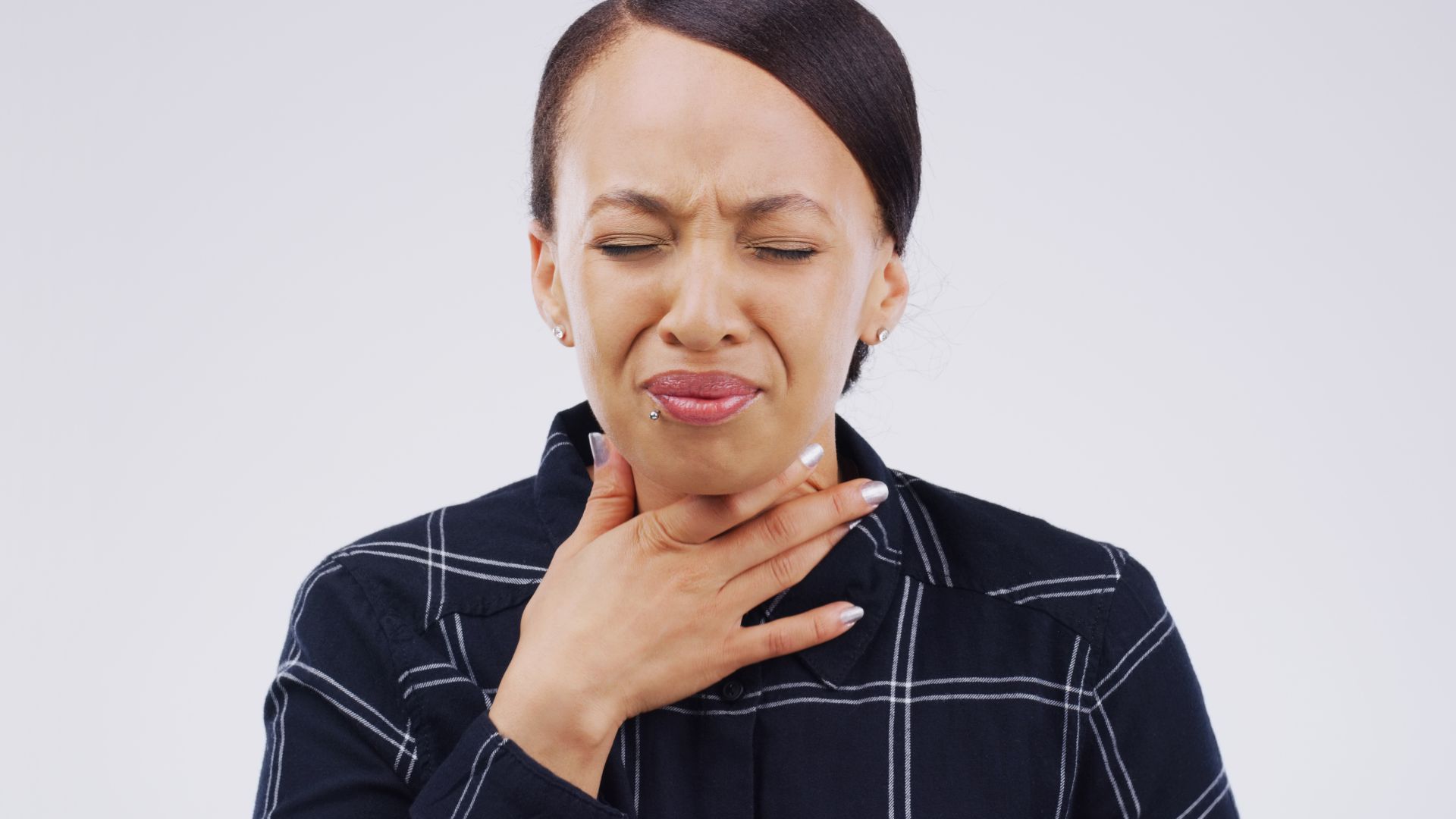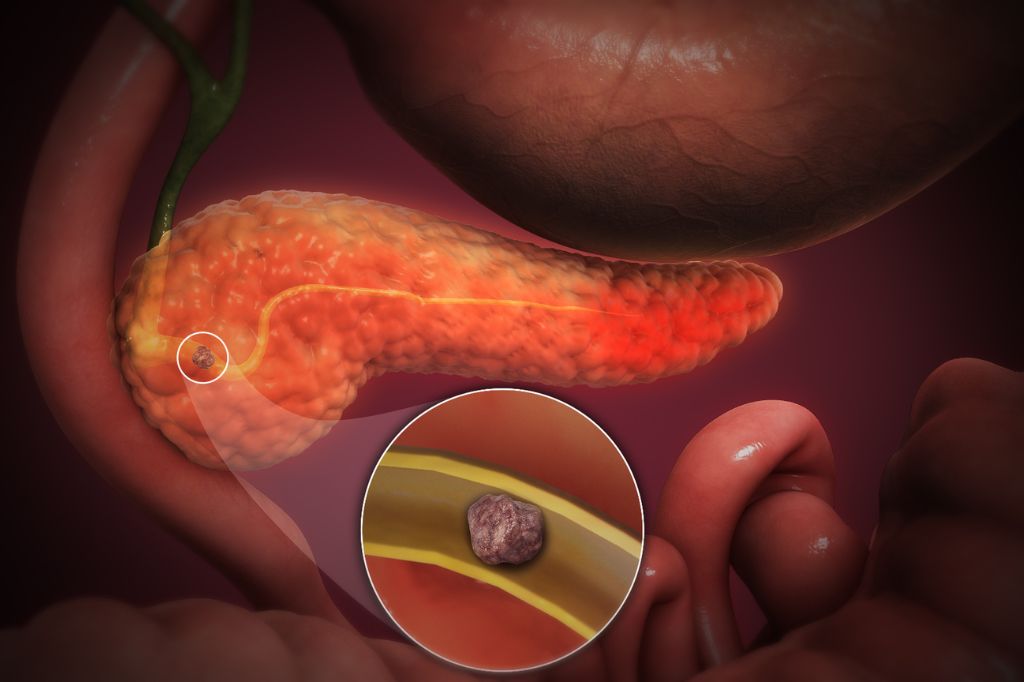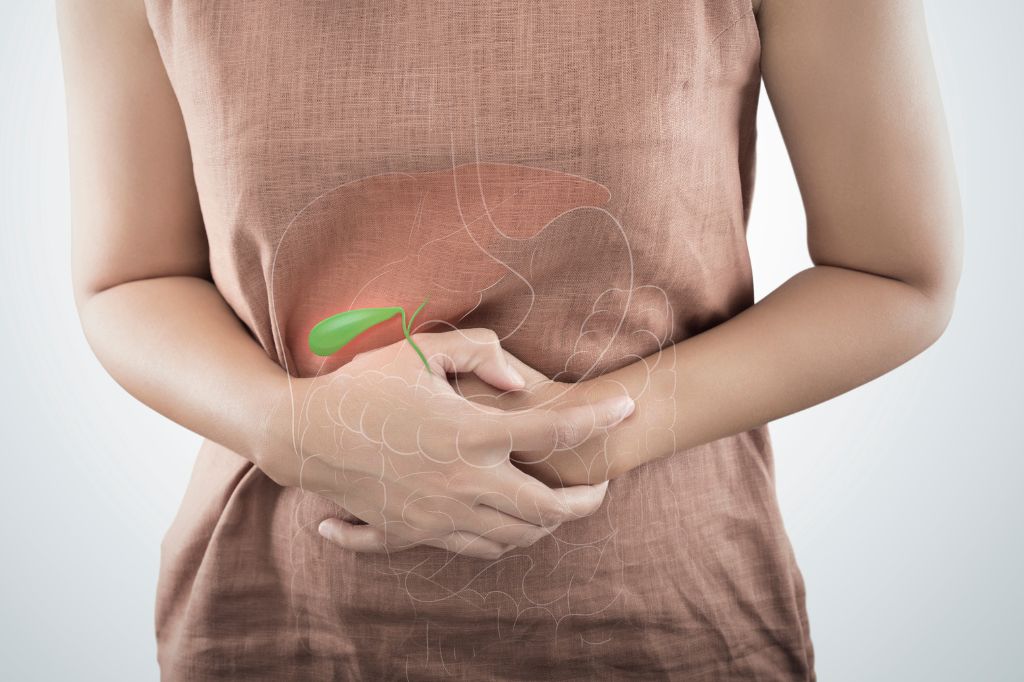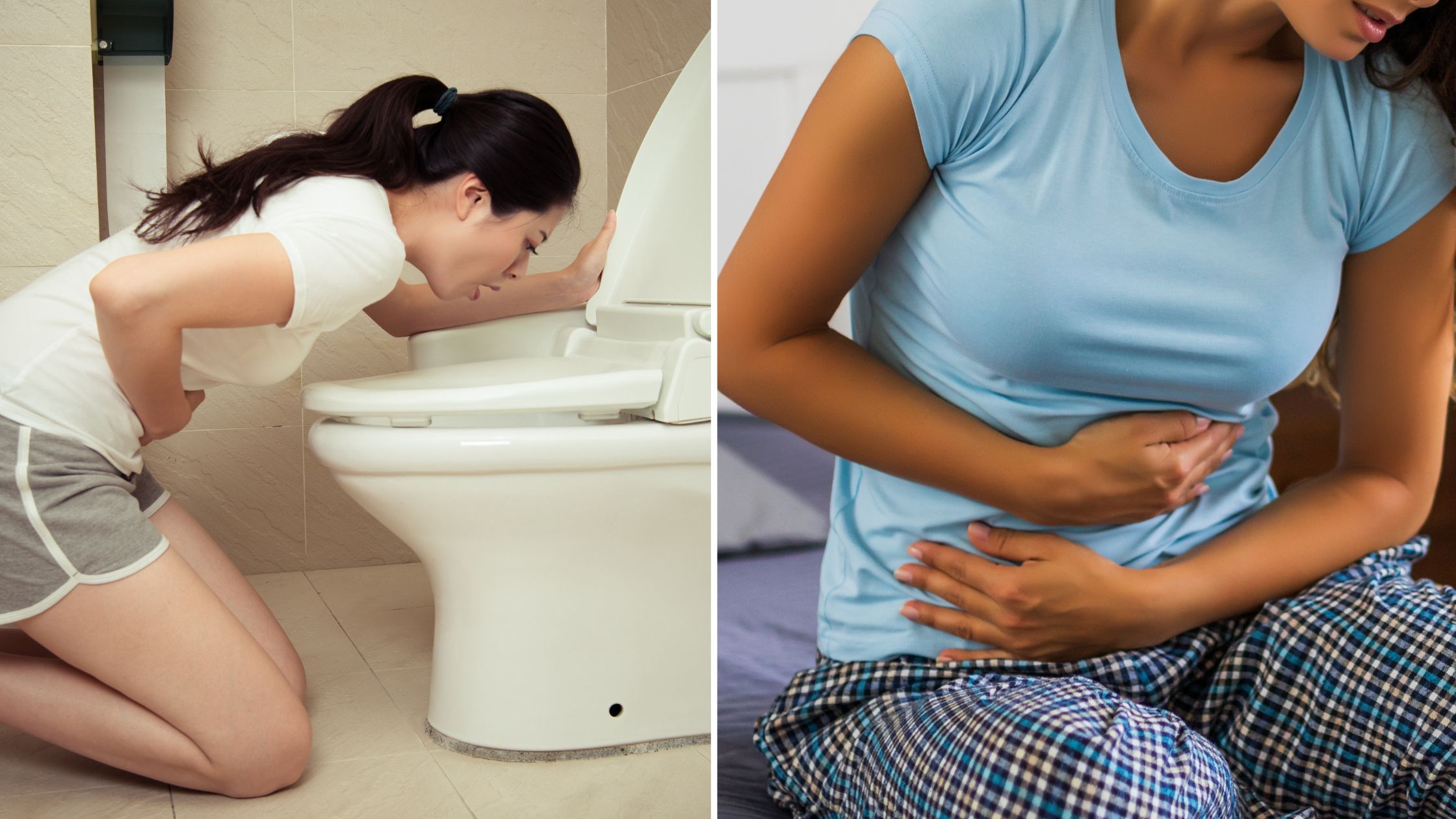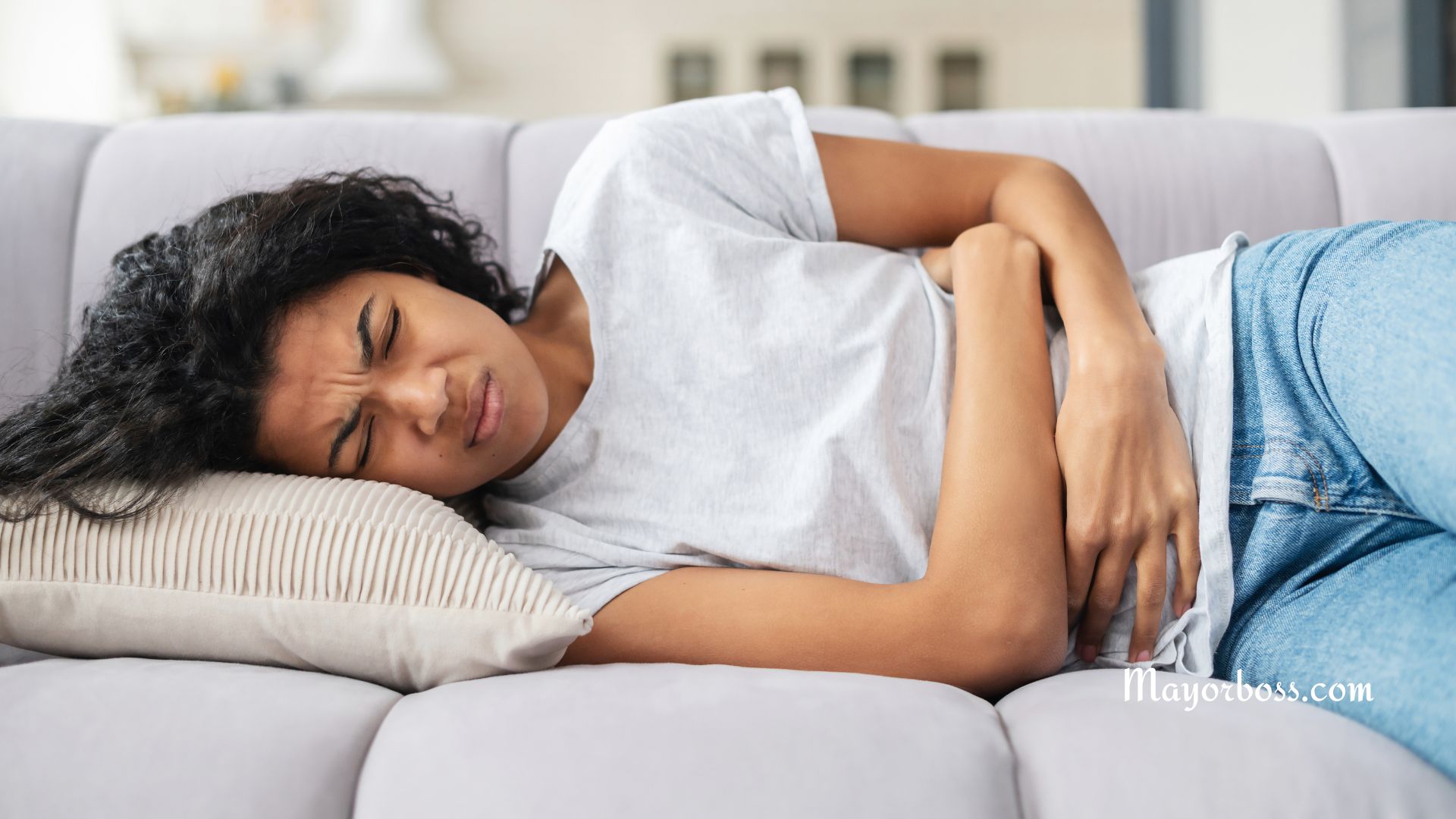What is Diverticulitis?
What is Diverticulitis?
Diverticulitis is an inflammation or infection of small pouches, called diverticula, that can form in your digestive tract. The condition can cause severe abdominal pain and lead to complications if not treated. It’s most common in older adults and can be managed with medications, lifestyle changes, or surgery in extreme cases.
The Basics of Diverticulitis
So, what exactly is going on when you have diverticulitis? Picture your digestive system, specifically your large intestine. Sometimes, small pouches pop out through weak spots in the intestinal walls. These pouches are known as diverticula. When one or more of these pouches get inflamed or infected, boom—you’ve got diverticulitis. This condition can make you feel pretty awful, and you’ll most likely experience pain in the lower left side of your abdomen.
Signs and Symptoms
Alright, so you might be wondering how to spot diverticulitis. Here are some of the most common symptoms:
- Abdominal Pain: Sharp and constant pain, usually on the left side.
- Fever and Chills: Your body’s way of fighting off the infection.
- Bloating and Gas: Yep, your abdomen might puff up.
- Nausea and Vomiting: Unfortunately, feeling sick is part of the deal.
- Changes in Bowel Habits: Constipation or diarrhea could occur.
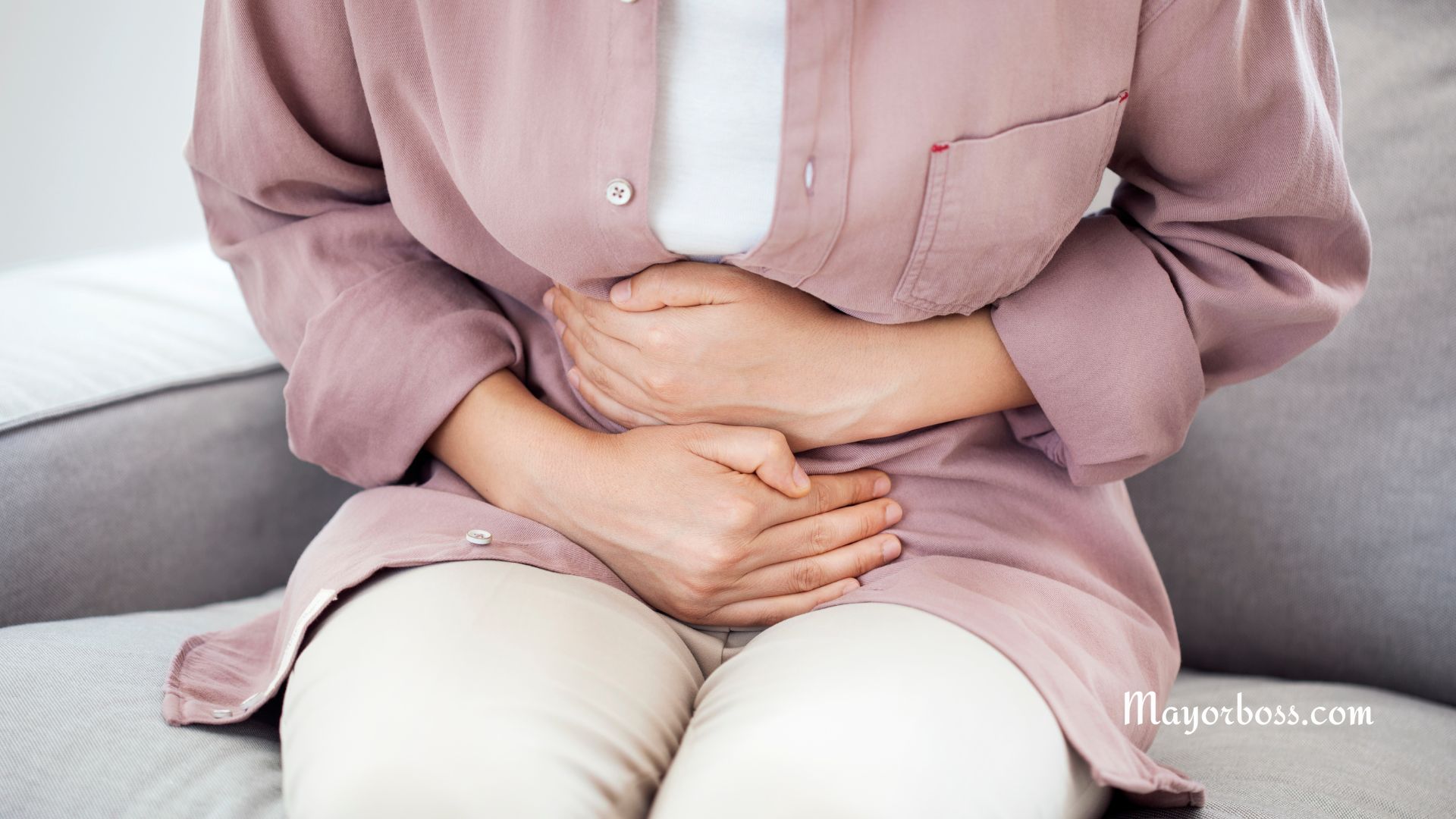
What Causes Diverticulitis?
While the exact cause is not entirely clear, several factors contribute to the development of diverticulitis:
Diet
Low-fiber diets are often blamed. Without enough fiber, your colon has to work harder, creating pressure that can lead to diverticula.
Age
For some people, getting older comes with a greater risk. Most cases are in individuals over 40.
Lifestyle Choices
Bad habits like smoking, lack of exercise, and obesity can also increase your chances of getting diverticulitis.
Treatment
If you find yourself grappling with this condition, don’t fret. Here’s how you can manage it:
Medication
Antibiotics are usually the go-to treatment to fight off the infection.
Dietary Changes
Increasing fiber intake can help. Whole grains, fruits, and vegetables are your new best friends.
Surgery
In extreme cases, you might need surgery to remove the affected part of your colon.
Prevention
You’ll be pleased to hear that you can take steps to prevent diverticulitis:
- Eat a High-Fiber Diet: More fiber equals a happier colon.
- Stay Hydrated: Drink plenty of fluids.
- Exercise Regularly: Keeping active maintains a healthy digestive system.
Frequently Asked Questions
What Are the Most Common Symptoms of Diverticulitis?
If you’re feeling a nagging pain in your lower left abdomen, it could be a sign of diverticulitis. Other red flags include fever, chills, and bloating. You might also experience nausea, vomiting, and changes in your bowel habits, such as diarrhea or constipation.
How Is Diverticulitis Diagnosed?
So you’re experiencing some symptoms, and you’re concerned. A healthcare provider will typically perform a physical examination first. After that, you might undergo tests like blood and urine tests to rule out other conditions. Imaging studies such as CT scans are often used to confirm a diagnosis of diverticulitis.
Can I Treat Diverticulitis at Home?
In milder cases, yes, you can manage diverticulitis at home. Your healthcare provider may prescribe a course of antibiotics and recommend a liquid diet to give your digestive system a break. However, if symptoms persist or worsen, you should seek medical attention immediately. More severe cases may require hospitalization.
What Foods Should I Avoid?
When you’re dealing with diverticulitis, you might need to be a little picky with your food choices. Foods that are high in fat and low in fiber can exacerbate your symptoms. It’s best to steer clear of red meat, fried foods, and certain dairy products. Opt for a diet rich in fruits, vegetables, and whole grains to keep your digestive system running smoothly.
Can Diverticulitis Lead to Complications?
Indeed, if left untreated, diverticulitis can result in serious complications. These can include the formation of abscesses, perforation of the colon, and even sepsis, a life-threatening infection. Therefore, early diagnosis and treatment are crucial for managing the condition effectively.
Further Reading: 7 Foods To Avoid With Diverticulitis

